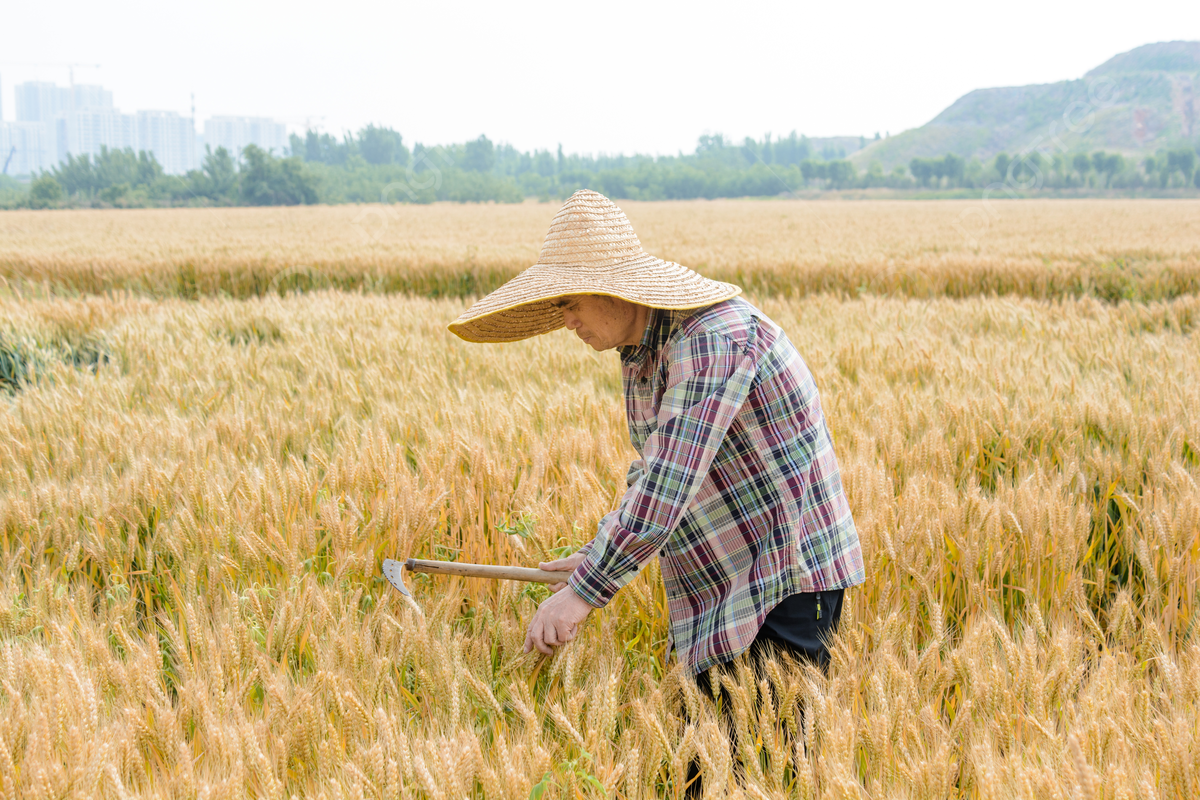The Indonesian government has unveiled an ambitious plan to deploy 100,000 transmigrants over the next five years, aiming to bolster national food self-sufficiency. This initiative aligns with President Prabowo Subianto's vision to reduce dependence on food imports and strengthen domestic agricultural production.
Strategic Collaboration for Agricultural Advancement
The Ministry of Transmigration, under Minister Iftitah Sulaiman, is set to collaborate closely with the Ministry of Agriculture to meet workforce demands in designated food estate regions. Minister Sulaiman emphasized the commitment to not only provide labor but also develop comprehensive residential areas to ensure the welfare of transmigrants. He stated, "The area we are about to build will not only focus on economic growth but also build a civilization for residents living there. The focus is on welfare."
Targeted Regions for Food Estate Development
Agriculture Minister Andi Amran Sulaiman identified key regions for the food estate program, including Wanam-Merauke in Papua, as well as areas in Central Kalimantan, South Kalimantan, West Kalimantan, and South Sumatra. These regions have been selected based on their agricultural potential and capacity to support large-scale food production. Notably, in Wanam, the program will engage local transmigrants to foster community involvement.
Economic Prospects for Transmigrants
Transmigrants participating in this program are expected to benefit from modern agricultural systems, with projected minimum monthly incomes of approximately Rp10 million (US$606). This initiative aims to improve livelihoods while contributing to national food security.
Infrastructure Development to Support Food Security
To facilitate this program, the government is prioritizing the development of essential infrastructure, including irrigation systems and transportation networks, to support agricultural activities in these regions. Improving and expanding irrigation infrastructure, ensuring rapid fertilizer distribution, and streamlining regulations are part of the optimization strategy to achieve food self-sufficiency.
Broader Implications for National Development
The transmigration program is part of a broader strategy to address challenges such as overpopulation in certain regions and underutilization of arable land in others. By relocating populations to less densely populated areas, the program seeks to optimize land use, enhance food production, and promote equitable economic development across the nation.
Future Outlook
In addition to agricultural initiatives, the Transmigration Ministry is exploring opportunities for transmigrants in other sectors, including maritime industries, to diversify employment prospects and support comprehensive national development. This multifaceted approach aims to create sustainable communities that contribute to Indonesia's overall economic resilience and self-sufficiency goals.
By mobilizing a substantial workforce and focusing on integrated community development, Indonesia is taking significant steps toward achieving food self-sufficiency and enhancing the welfare of its citizens through strategic transmigration initiatives.
Read More






 Wednesday, 04-02-26
Wednesday, 04-02-26







